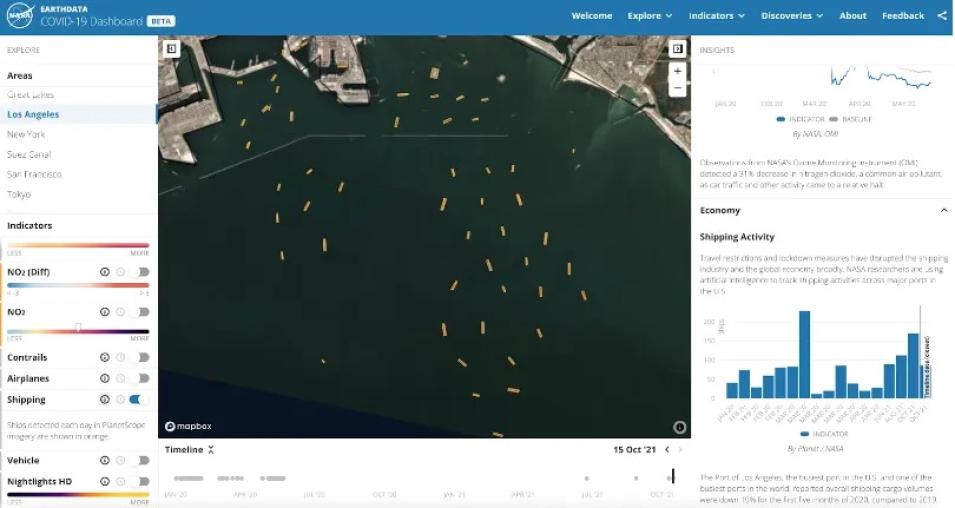Informatics Profile: Essence Raphael
The informatics group within IMPACT includes several projects, all aiming to enhance Earth data management practices to help users and decision makers find and take action with the data they need. Team member Essence Raphael works on the Analysis and Review of CMR (ARC) and Data Curation for Discovery (DCD) projects. On the ARC project, she works with ARC team members to complete quality assessments of metadata records for data collections in NASA’s Common Metadata Repository (CMR). On the DCD project, researchers make NASA’s Earth Science data more discoverable and usable by maintaining these data in catalogs and online platforms and assisting federal agencies with using these data to meet their needs.
Inspired by a project as an Earth Systems Science student, Essence quickly developed an interest in the research process. She noticed how important data discoverability and usability are to performing research, which in turn sparked an interest in how data are managed and made available to users. Since then, she has gained experience working with NASA Earth Science data collections including assembling metadata records, writing dataset user guides, creating data recipes to visualize the data, and writing micro articles on various topics related to these datasets.
Asked how her work benefits the scientific community, Essence responded:
"Metadata allows datasets to be more searchable online and queried based on various attributes. Reviewing the metadata for NASA Earth Science datasets and ensuring that it meets certain quality standards allows the datasets to be effectively discovered and accessed by users. In addition, curating these datasets and providing tools and resources to better understand, access, and apply them increases the impact that Earth Science data can make in the research community."
Data Science Profile: Muthukumaran (Kumar) Ramasubramanian
The IMPACT machine learning team is constantly reimagining what is possible to learn from Earth data by leveraging artificial intelligence (AI) and ML algorithms. NASA computer scientist Muthukumaran (Kumar) Ramasubramian is the IMPACT ML team lead and guides project development throughout the ML pipeline, from data exploration to final model deployment.
Kumar is particularly skilled in two subfields of ML: computer vision and natural language processing. Computer vision is a branch of AI in which deep learning models are used to train computers to classify and identify specific features in digital images. Many IMPACT projects involve geospatial analysis and remote sensing using images, making Kumar’s expertise in computer vision invaluable. Natural language processing (NLP) is another subdomain of AI that aims to train computers to understand human speech structure. Using NLP to develop logical, organized metadata for Earth observation datasets is a critical step in making data discoverable and accessible to scientists and the public — one of IMPACT’s primary missions.
